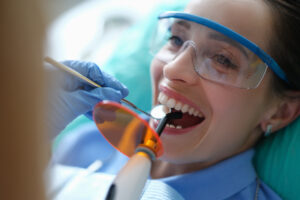
If you snore on a regular basis, this could interrupt the sleep of both you and your significant other. Chronic snoring could also be linked to a serious disorder known as obstructive sleep apnea. In today’s blog, your Grand Prairie, TX, dentist talks about our approach to treating snoring and sleep apnea, so you can enjoy a better night’s rest and feel more alert the next day. Don’t let a common issue like snoring impact your overall quality of life, talk to our team about a possible solution with our oral appliances!




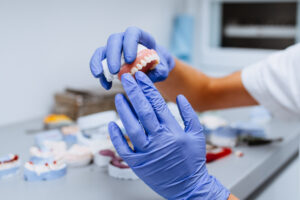
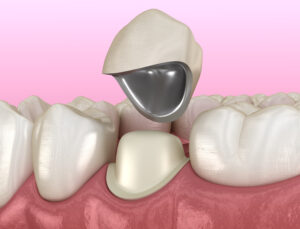
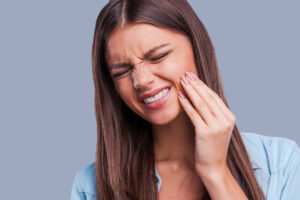

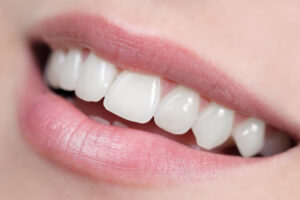 When you have a toothache and the pain doesn’t subside after a day or two, then you could have a cavity. In this situation, you need a restorative treatment to avoid the risk of worsening pain and infection. With a dental filling, we can stop discomfort and prevent infection! In today’s blog, your
When you have a toothache and the pain doesn’t subside after a day or two, then you could have a cavity. In this situation, you need a restorative treatment to avoid the risk of worsening pain and infection. With a dental filling, we can stop discomfort and prevent infection! In today’s blog, your 
 Temperatures have risen a bit and the community is stirring with Spring in the air. With such wonderful weather, it is ideal to take advantage of the great events Grand Prairie has to offer while you can. Fortunately, we like to dedicate a blog once a week to
Temperatures have risen a bit and the community is stirring with Spring in the air. With such wonderful weather, it is ideal to take advantage of the great events Grand Prairie has to offer while you can. Fortunately, we like to dedicate a blog once a week to 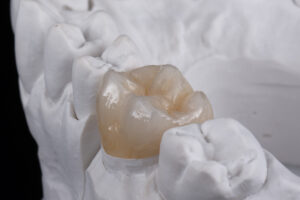 Looking and feeling your best are important factors to consider when seeking cosmetic dental treatment. Though
Looking and feeling your best are important factors to consider when seeking cosmetic dental treatment. Though 